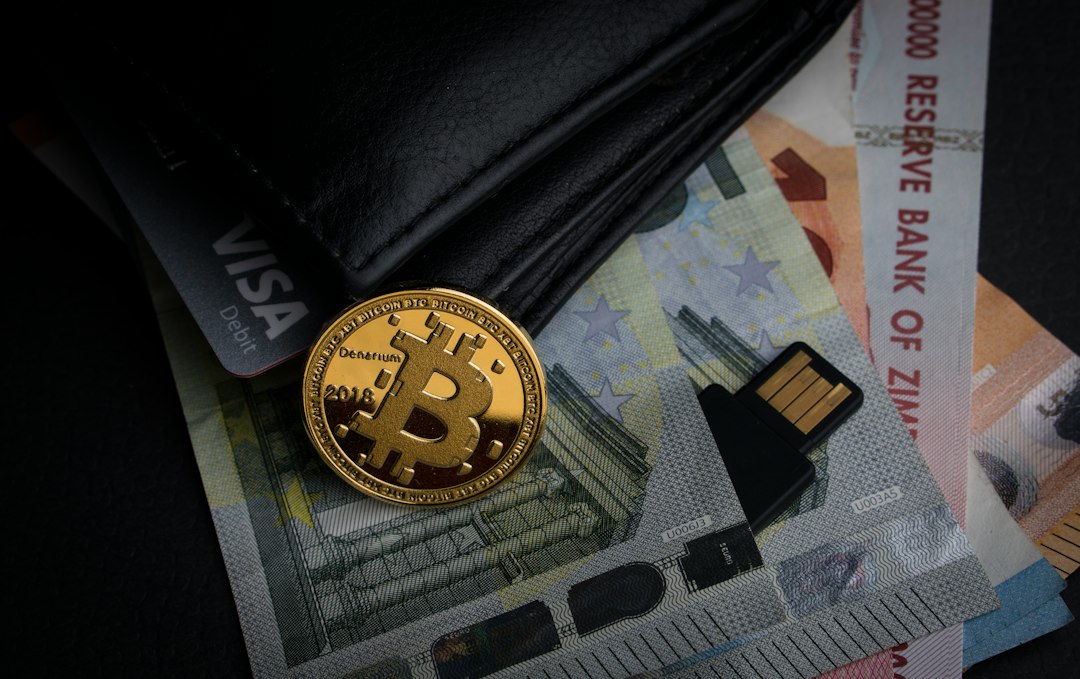BitMEX Delists Ten Perpetual Swap Contracts Due to Low Trading Interest
BitMEX, one of the leading cryptocurrency exchanges, has recently announced the delisting of ten perpetual swap contracts from its platform. The affected trading pairs include FLOKI/USD, FLOKI/USDT, 1TAIDOGE/USD, 1TAIDOGE/USDT, BOB/USD, GMX/USD, GMX/USDT, ORDI/USD, RNDR/USD, and TURBO/USD. According to BitMEX, these contracts are being removed due to “insufficient trading interest.”
Once a contract expires, the profit and loss will be added to the user’s Bitcoin or Tether balance. After expiration, these contracts will no longer appear in the Positions section.
Despite the delisting news, Floki Inu (FLOKI) has actually seen a price increase of around 3% in the past 24 hours. This performance is notable as it outperformed other popular memecoins like Dogecoin and Shiba Inu.
Floki Inu Continues to Perform Well Despite Delisting
Floki Inu (FLOKI) has been gaining traction in the memecoin market. While major memecoins like Dogecoin and Shiba Inu have experienced minor gains over the past month, FLOKI has surged over 15%. This demonstrates its strong performance and appeal to investors.
The Risks and Rewards of Memecoins
Floki Inu is just one example of the many memecoins available today. These assets are known for their high volatility and potential for quick price increases. However, it’s important to note that not all memecoins have practical real-world applications and can carry significant risks. Investors should exercise caution and conduct thorough research before investing in these assets.
Hot Take: Floki Inu Defies Delisting News with Price Increase
Despite BitMEX’s decision to delist the FLOKI/USD and FLOKI/USDT trading pairs, Floki Inu (FLOKI) has managed to defy the odds and experience a 3% price increase in the past 24 hours. This showcases the resilience and potential of memecoins like Floki Inu, even in the face of delisting announcements. However, it’s crucial for investors to consider the risks associated with memecoins and carefully evaluate their investment decisions.





 By
By
 By
By
 By
By
 By
By
 By
By